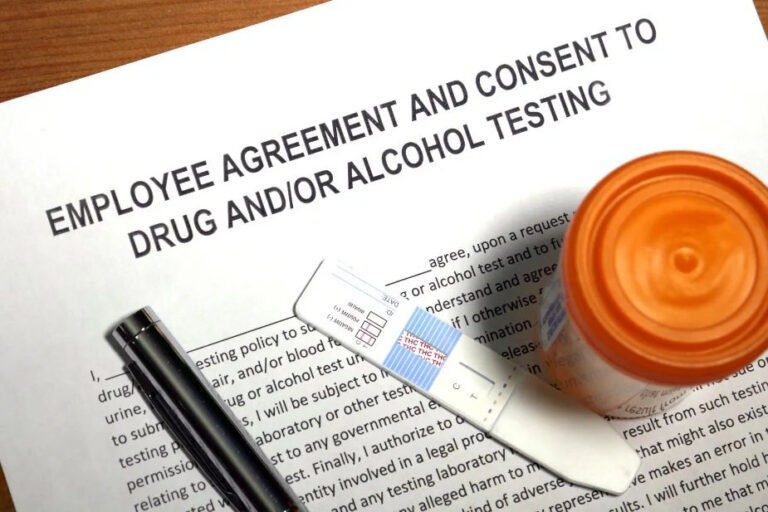Modafinil and Teeth Grinding (Bruxism): What Users Need to Know
Modafinil is widely used to promote wakefulness in conditions like narcolepsy, shift work sleep disorder, and obstructive sleep apnea. While the drug is considered effective and generally well-tolerated, some users have reported teeth grinding (bruxism) as an unexpected side effect.
What Is Bruxism?
Bruxism is the involuntary grinding, clenching, or gnashing of teeth. It typically manifests in two forms:
- Awake bruxism – Usually triggered by stress or anxiety.
- Sleep bruxism – Occurs during sleep and is classified as a sleep-related movement disorder (Beddis et al., 2018).
Bruxism may lead to symptoms like:
- Jaw pain or tightness
- Headaches, particularly in the temples
- Worn or fractured teeth
- Disrupted sleep (for both the individual and their partner)
Can Modafinil Cause Teeth Grinding?
Although bruxism is not officially listed among the common side effects of modafinil, its mechanism of action suggests a plausible link.
How Modafinil Affects the Brain
Modafinil works by inhibiting dopamine reuptake, which increases extracellular dopamine levels in the brain. This action promotes wakefulness but may also influence motor activity, including jaw muscle tension and involuntary movements (FDA, 2007).
“Modafinil binds to the dopamine transporter and inhibits dopamine reuptake… associated in vivo with increased extracellular dopamine levels” – FDA Drug Label, Provigil (FDA, 2007)
This dopaminergic stimulation is also the pathway by which other stimulants like amphetamines are known to trigger bruxism (Pavlou et al., 2024; Guaita & Högl, 2016).
What the Research Says
Several peer-reviewed studies and reviews support the potential for medication-induced bruxism:
Drug-Induced Bruxism
- Guaita & Högl (2016) confirm that secondary bruxism can be induced by certain medications, especially those acting on the central nervous system.
- Beddis et al. (2018) also highlight the association between dopaminergic drugs and sleep bruxism, even though direct RCTs on modafinil are limited.
- Pavlou et al. (2024) detail how chronic stimulation of dopaminergic pathways can cause involuntary muscle activity, contributing to stress-related bruxism.
“There is no available data in relation to prevalence of secondary bruxism, and most of the literature derives from case reports.” – Guaita & Högl (2016)
What to Watch For: Symptoms and User Reports
If you’re taking modafinil and experience any of the following, it could indicate drug-induced bruxism:
- Morning jaw soreness or fatigue
- Noticing teeth clenching during focus or stress
- Headaches unrelated to other causes
- Partner reporting grinding sounds at night
What You Can Do
1. Talk to Your Doctor
If you suspect modafinil is causing bruxism, do not stop the medication on your own. A healthcare provider may:
- Adjust the dosage
- Recommend an alternative
- Prescribe a nightguard to protect your teeth
2. Lifestyle Adjustments
- Practice stress management (e.g., meditation or journaling)
- Avoid stimulants like caffeine or nicotine before bed
- Establish a calming nighttime routine
3. Dental Interventions
- Occlusal splints or nightguards may reduce damage caused by grinding (Lavigne et al., 2008; Guaita & Högl, 2016).
- In severe cases, botulinum toxin (Botox) injections into the jaw muscles may reduce grinding frequency (Beddis et al., 2018).
Final Thoughts: Is the Link Proven?
While no large-scale clinical trials have confirmed a direct causal link between modafinil and bruxism, the biological mechanism, pharmacological profile, and parallels with similar CNS stimulants make the association scientifically plausible.
Informed patients should be aware of the signs of bruxism and seek professional advice if symptoms arise while on modafinil.
References
- U.S. Food and Drug Administration. (2007). PROVIGIL® (modafinil) tablets [Prescribing information]. U.S. Department of Health and Human Services. Retrieved from https://www.accessdata.fda.gov/drugsatfda_docs/label/2007/020717s020s013s018lbl.pdf
- Pavlou, I. A., Spandidos, D. A., Zoumpourlis, V., & Papakosta, V. K. (2024). Neurobiology of bruxism: The impact of stress (Review). Biomedical Reports, 20(4), 59. https://doi.org/10.3892/br.2024.1747
- Beddis, H., Pemberton, M., & Davies, S. (2018). Sleep bruxism: An overview for clinicians. British Dental Journal, 225(6), 497–501. https://doi.org/10.1038/sj.bdj.2018.757
- Lavigne, G. J., Khoury, S., Abe, S., Yamaguchi, T., & Raphael, K. (2008). Bruxism physiology and pathology: An overview for clinicians. Journal of Oral Rehabilitation, 35(7), 476–494. https://doi.org/10.1111/j.1365-2842.2008.01881.x
- Guaita, M., & Högl, B. (2016). Current treatments of bruxism. Current Treatment Options in Neurology, 18(2), 10. https://doi.org/10.1007/s11940-016-0396-3








